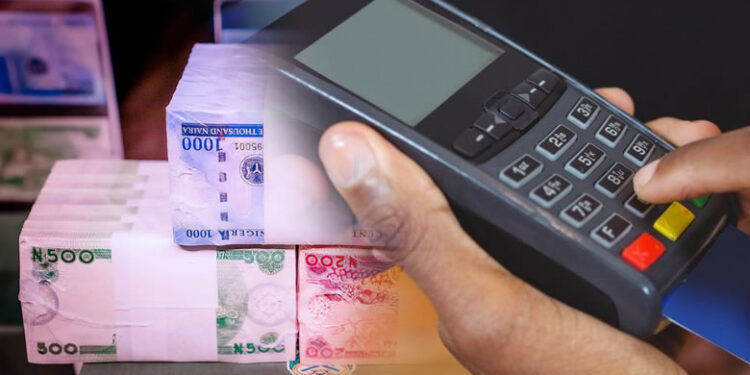adverts
A growing number of pharmacies in Nigeria are embracing digital payment methods, with 80% now relying on cashless transactions, according to a report titled Inside Nigeria’s Community Pharmacies by Moniepoint, a payment company.
This shift, driven by the 2023 cash crunch, has transformed how pharmacies operate, enhancing both customer service and supplier relationships.
The report highlights that 56.8% of pharmacies now use point-of-sale (POS) systems and bank transfers to pay for goods, while 32.9% opt for direct bank transfers. Only 5.2% of pharmacies still use cash, a significant drop as businesses turn to digital solutions to avoid disruptions caused by cash transaction failures.
adverts
Customer behaviour has also shifted, with 45.39% of pharmacy customers preferring digital payment methods, such as POS machines or bank transfers, while 46.92% use a mix of cash and digital payments. The reliance on cash has fallen to just 7.69%, underscoring the growing preference for seamless, reliable transactions.
Ife Bakare, Head of Strategy and Innovation at Medplus, one of Nigeria’s largest pharmacy chains, noted the positive impact of digital payments on customer relationships, saying, “Reliable digital payments can strengthen relationships with both new and returning customers.”
The shift to digital is also helping pharmacies build stronger financial records, potentially improving their access to funding. Despite this, only 17.2% of pharmacies have secured loans from banks or financial institutions, and a mere 8.2% rely on cooperative loans. The report suggests that greater adoption of digital payments could help pharmacies overcome these funding challenges.
Community pharmacies play a vital role in Nigeria’s healthcare landscape, particularly in underserved areas without functional healthcare centers. The report notes that there are 25,000 registered pharmacies and patent medicine stores in the country, with 10.17% located in Lagos alone. Pharmacies are busiest on Mondays and Saturdays in 75% of Nigerian states, further underscoring their importance in providing access to healthcare.
As the Nigerian healthcare system modernises, the increasing use of digital payments will continue to streamline pharmacy operations, improve supply chains, and enhance customer satisfaction.


